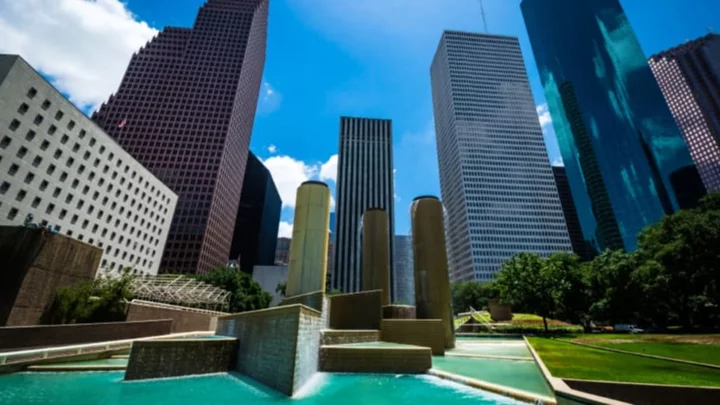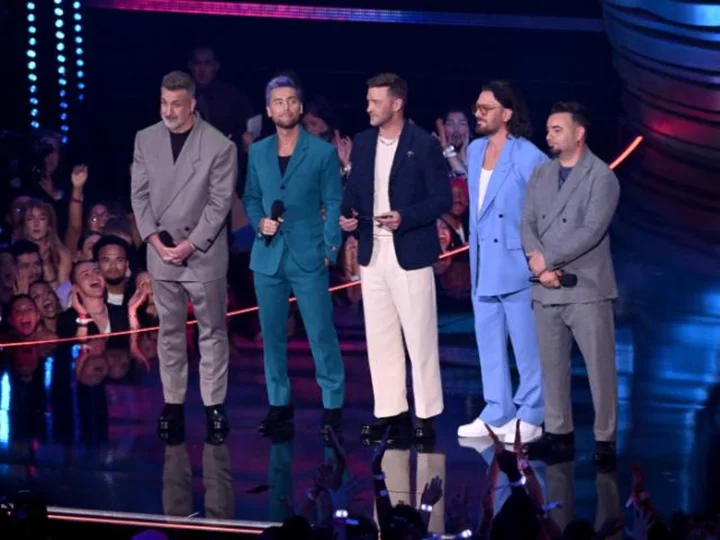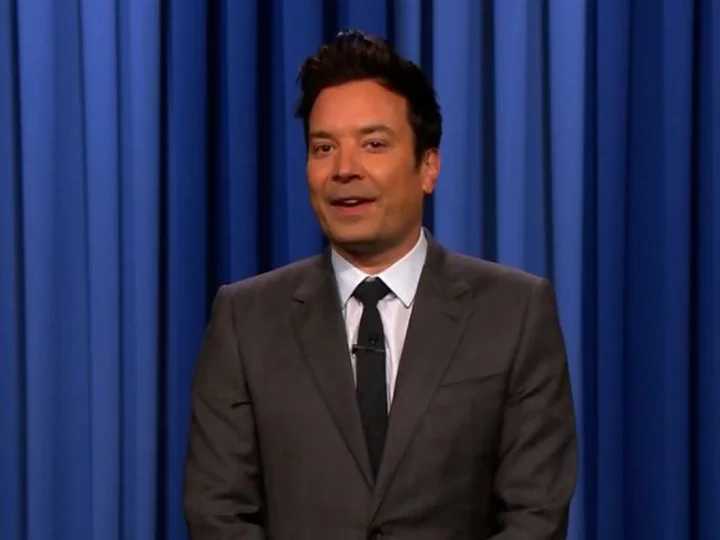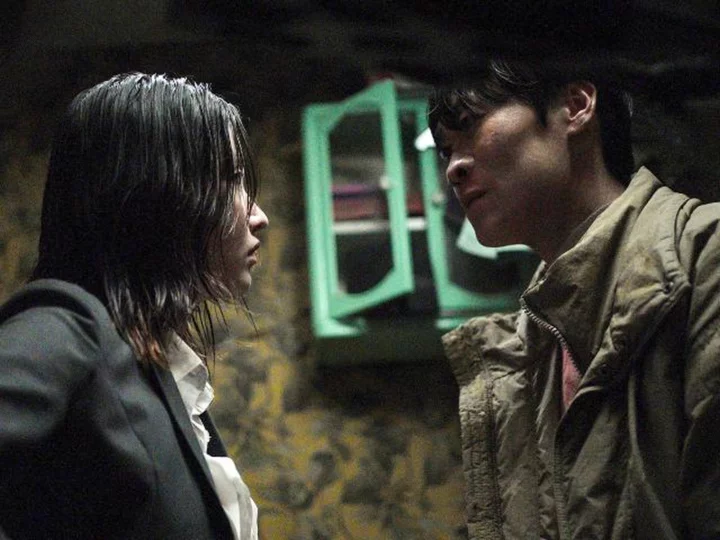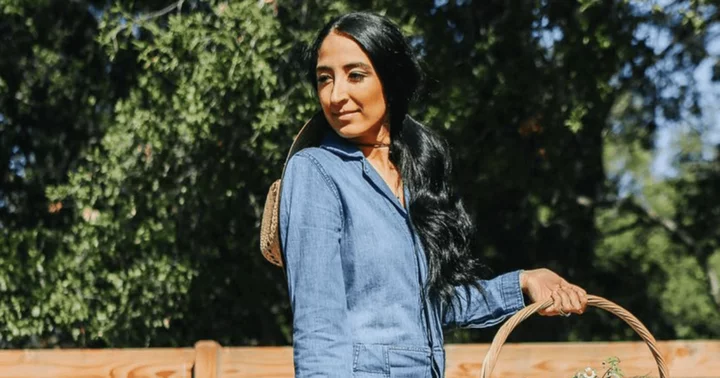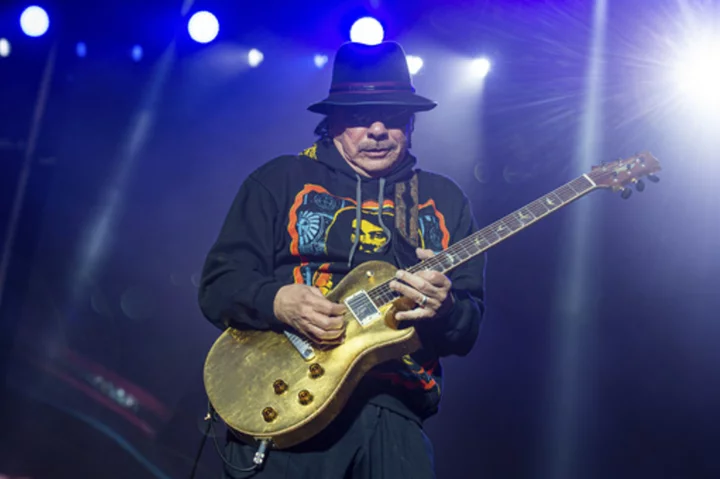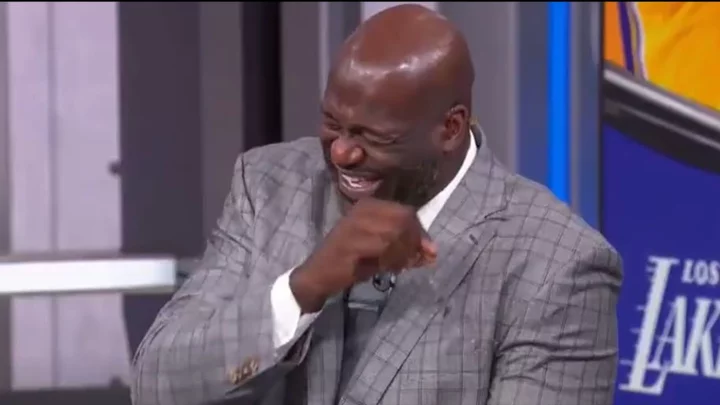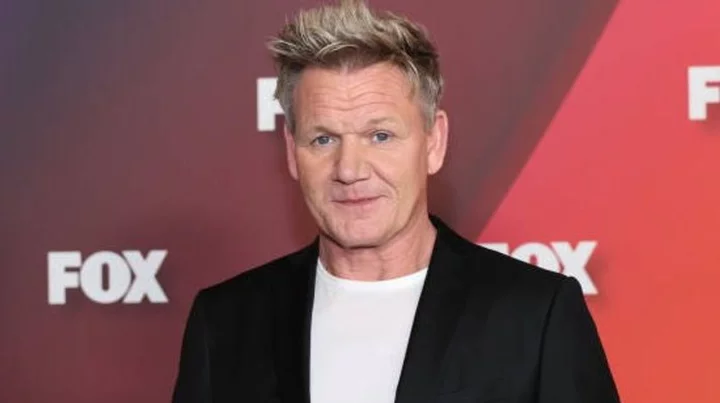In the state where everything’s bigger, Houston looms particularly large. How large? If it were its own country, Houston’s economy would rank 30th in the world. In terms of physical size, a loop around the city on Beltway 8 covers 88 miles. Throw in the world’s largest medical center, rodeo, commercial port, and the Johnson Space Center, and you’ve got the ten-gallon hat version of an American metropolis. Yet for all its size, the Bayou City has plenty of charm, sophistication, and a restaurant scene that’s become one of the hottest in the south. Here are a few things you might not know about Houston.
1. It’s named after Sam Houston, the military commander-turned-politician who led the battle for Texas’s independence from Mexico. In addition to serving as the first president of the Texas republic, Houston opposed secession, was an honorary member of the Cherokee nation, and once beat a U.S. congressman with his cane for calling him a fraud.
Wikimedia Commons // Public Domain
2.
From 1837 to 1839, Houston was the capital of Texas. This came after the town founders, brothers Augustus Chapman Allen and John Kirby Allen, promised the Texas congress generous land and building incentives. In the span of four months, the population of Houston grew from twelve residents and one log cabin to more than 1500 residents and a hundred homes. And even though the capital soon shifted 150 miles west to Waterloo (soon renamed Austin), the Allen brothers’ move gave Houston a crucial early boost.
3. To bring commerce to the city in its early days, the Allen brothers claimed that ships could sail “without obstacle” [PDF] from New York to Houston. Never mind that no ship had yet made the journey, or even made its way up the winding, debris-clogged Buffalo Bayou to dock at Houston. In 1837, the small steamship Laura finally managed the trip from Harrisburg—a 12-mile voyage that took three days.
4. Despite rough waters early on, today Houston is one of the busiest port cities in the nation. Its 25-mile long system of commercial docks is one of the largest in the country, and brings in more foreign tonnage per year than any other port.
5. During the Texas oil boom, Houston was home to a group of tycoons who had quickly (and quietly) become the richest men in the country. The most notorious of these men was Glenn McCarthy, the son of an oil worker from Beaumont who struck it rich as a “wildcatter” digging wells throughout the state. McCarthy spent lavishly, regularly sinking into debt before seeing his fortunes rise again with the flow of Texas gold. In 1949, he built the $21 million Shamrock Hotel in Houston, and hosted an over-the-top opening party, attended by 3000 people, that included numerous Hollywood celebrities and a chaotic live national television broadcast. The Houston Chronicle called it “bedlam in diamonds.” McCarthy sold the Shamrock to the Hilton family several years later to pay off his debts, but still couldn’t keep himself from purchasing 14 newspapers, a collection of local bars, and his own “Wildcatter” brand of bourbon. He served as the inspiration for Jett Rink in Edna Ferber’s novel Giant (played in the movie version by James Dean), and has gone down in history as the quintessential Texas oilman and “King of the Wildcatters.”
Courtesy of Special Collections, University of Houston Libraries
6.
In 1935, local businessman Will Horwitz built an underground tunnel that connected three of his downtown movie theaters. Inspired by the passageways beneath Rockefeller Center in New York, the tunnels included a penny arcade, shops, and a wine tavern. Over the next few decades, private companies added to the tunnels, creating a system that today spans six miles and connects 95 city blocks.
7. The Texas Medical Center, the largest medical center in the world, sees 7.2 million patient visits per year. That’s more than three times the population of Houston.
8. NASA’s Johnson Space Center was originally awarded to Tampa Bay. But after military officials there declined to shut down MacDill Air Force Base, the contract went to the search committee’s number two city, Houston. It didn’t hurt that many Washington politicians at the time were from Texas, including Lyndon Johnson and house speaker Sam Rayburn [PDF].
9. Houston is the largest city in the country without formal zoning laws. But that doesn’t mean there are chemical plants next to luxury high rises, or skyscrapers built in the middle of city parks. Instead, the city relies on local ordinances, deeds, and other measures to regulate building codes while still keeping the real estate market nimble.
10. Subversive art and car culture collide at Houston’s Art Car Museum. Also known as “Garage Mahal,” the museum features a rotating cast of decked-out autos, including a cockroach-themed “Roachster” and a trippy six-wheeled space buggy.
Bryce Womeldurf, Flickr // CC BY-ND 2.0
11.
Houston is also home to the National Museum of Funeral History, where you can see exhibits dedicated to the history of embalming, the deaths of popes, presidential funerals, and mourning in the 19th century. You’ll also be happy to know the museum is available for private rental.
12. Houston is one of the most diverse cities in the country, with 145 different languages spoken by its residents. This includes 15,000 French speakers, 17,000 Arabic speakers, and just 25 Welsh speakers.
13. Houston’s theater district, home to nine performing arts organizations in a 17-block area, has the second highest concentration of theater seating of any city in the nation—according to city officials, anyway. Skeptics point out that numerous other cities make the same claim.
14. Spanning 20 days in March, Houston’s rodeo and livestock show is one of the largest in the world. Started as the Houston Fat Stock Show in 1931, the exhibition grew beyond heifers and hogs to include skill competitions and live music performances, beginning with Gene Autry in 1941. In 1970, 44,000 people filled the Astrodome to watch Elvis Presley perform. These days, RodeoHouston, as it's known, sees 2.5 million attendees and hosts a wide range of events, including a barbecue cook-off, flower show, and bull riding.
Larry Goodwin, Flickr // CC BY-NC-ND 2.0
15.
Located on Malone Street in west Houston, the Beer Can House is exactly what it sounds like: a house covered with more than 50,000 beer cans. Owner John Milkovisch, a retired railroad worker, started the project in 1968, and over the course of 18 years added empty cans that he, his wife Mary, and his neighbors consumed. Today, the house is considered an example of folk art and is undergoing restoration efforts. Milkovisch, for his part, never thought too deeply about the project: “I guess I just thought it was a good idea. And it’s easier than painting.”
16. One of Houston’s most popular museums, Bayou Bend, is the former home of Ima Hogg, a Texas governor’s daughter who transcended her name to become one of Houston’s most influential philanthropists. Located in the city’s River Oak district, the museum features fine art, silver, and furnishings, along with an ornate organic garden that’s featured, among other flora, the first azaleas brought to Houston.
17. To help fund its newest album, pioneering Houston hip-hop group Geto Boys recently ran a Kickstarter campaign that featured a custom-made casket as a funding gift. Sadly, the group that gave the world “Damn It Feels Good To Be A Gangsta” (immortalized in the movie Office Space) didn’t hit its funding goal, though they’re still moving forward with the album, Habeus Corpus, their first in ten years.
18. Before they were the Astros, Houston’s Major League Baseball team was called the Colt .45s. The name, chosen via an open contest put on by the owners, lasted for three seasons, from 1962 to 1964. Club officials’ switch to the “Astros” reflected Houston’s space-age ambitions: “The name was taken from the stars and indicates we are on the ascendancy,” club president Roy Hofheinz said at the time.
19. Once known as the “Eighth Wonder of the World,” Houston’s Astrodome has fallen on hard times. The Astros stopped playing there in 1999, and other events moved on to alternative venues. In 2008, the facility shut down due to numerous code violations, and since then it has sat empty as city officials try to decide what to do with it. Recent proposals have included an aviary, a hotel, the new state capitol, and an air-conditioned indoor park with underground parking.
Getty
20.
Houstonians eat out an average of 4.8 times per week, and spend roughly 6 percent of their income in doing so, making them some of the nation’s most diligent restaurant patrons. Good thing they have more than 11,000 spots to choose from.
21. When dining out, you could go to an upscale steakhouse like Del Frisco’s, enjoy local seafood at Danton’s or sample vegan fare at Roots Bistro. Or you could ignore decorum altogether and get the Cheesy Cheeto Burger at the Hubcap Grill. Yes, that’s a burger topped with Cheetos and cheese sauce.
22. The nickname “Bayou City” may seem at odds with Houston’s urban sprawl. Nevertheless, the city is crisscrossed with bayous, rivers and other waterways—more than 2500 miles worth, in fact.
23. Houston is home to the first traditional Indian temple, or mandir, in North America. Originally built in 1988, Shri Swaminarayan Mandir was upgraded in 2004 to a temple made of Turkish limestone and Italian marble that workers built in India, and then shipped in pieces—33,000 of them—to Texas to be assembled like a huge 3D jigsaw puzzle. It took volunteer builders two years and 1.3 million combined hours to put the pieces together.
24. Queen Bey, a.k.a. Beyoncé Knowles, got off to a superstar start in her hometown of Houston. At age 7, she beat out competitors twice her age in a talent show, bringing the audience to its feet with a soulful rendition of John Lennon’s “Imagine.”
25. If you’re strolling along the river walk beneath the Preston Street bridge, and you see a red button, go ahead and push it. It’ll cause bubbles to erupt from the bayou nearby. The project, called the Big Bubble, is a creative way to aerate the water, and to startle other pedestrians as well as kayakers.
Dean Ruck's Big Bubble from Douglas Robertson on Vimeo.
This article was originally published on www.mentalfloss.com as 25 Things You Should Know About Houston.

